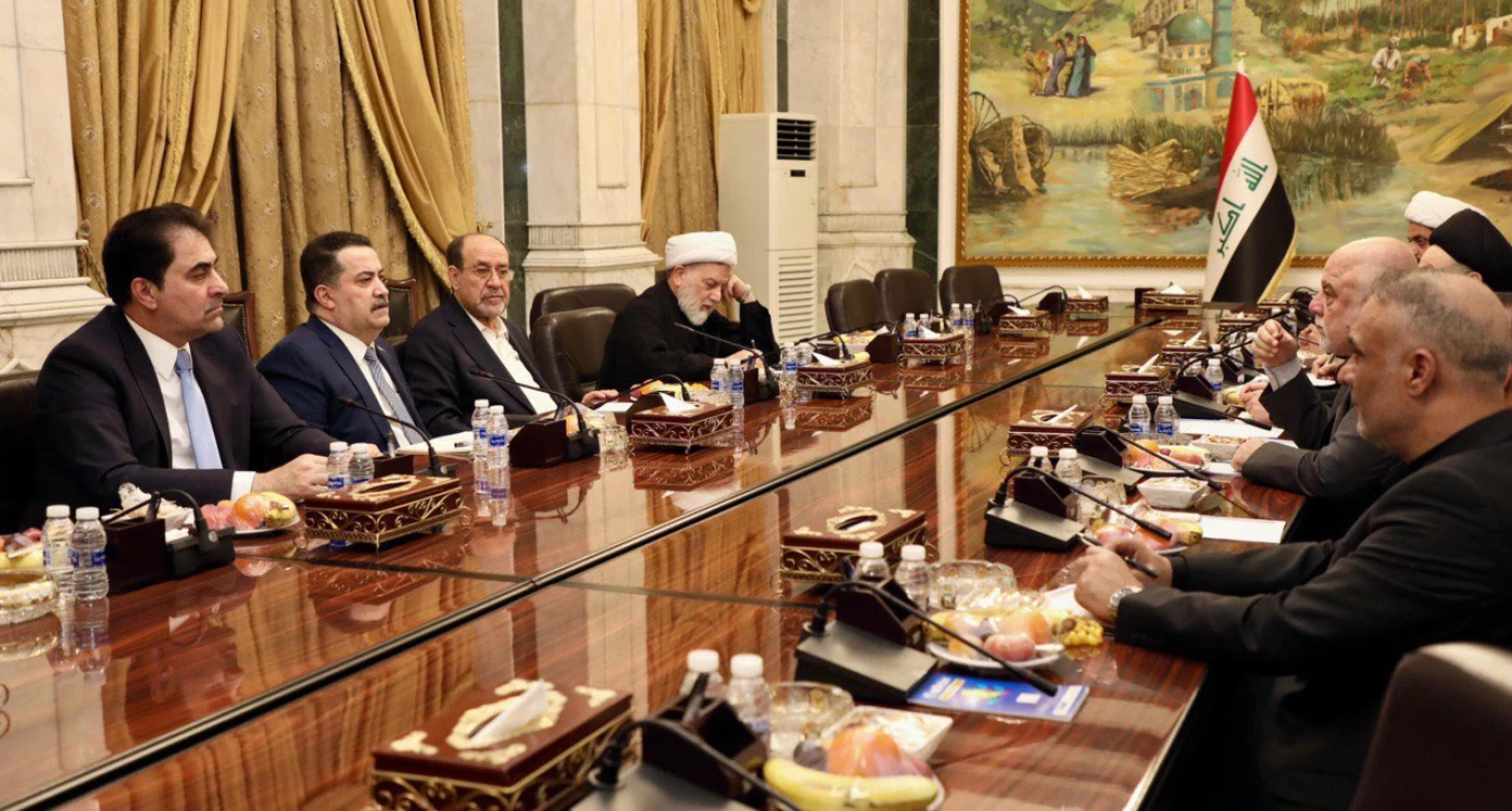ERBIL, Kurdistan Region of Iraq - Several sources inside Iraq's ruling Coordination Framework, the bloc that brings together major Shiite political parties, said Saturday that discussions on selecting Iraq’s next prime minister are continuing, with several names under review and no final decision on whether current Prime Minister Mohammed Shia’ al-Sudani will receive a second term.
Sources familiar with the talks told The New Region that the Framework’s specialized committees are holding regular meetings to assess potential nominees.
The selection process, they said, “is based on specific criteria designed to ensure the next government can handle Iraq’s complex political and national challenges.”
According to the sources, the Framework has set five main standards for candidates: a strong national reputation and independent character, solid administrative experience, the ability to balance regional and international influence, a commitment not to form new political parties or parliamentary blocs, and agreement to a ministerial team shaped by the Coordination Framework.
Regarding Sudani, the sources said the door remains open for his nomination but stressed that he is “not the guaranteed choice,” noting divisions within the bloc over whether he should return or be replaced with a new figure.
“Several parties inside the Framework are now evaluating their own nominees,” the sources added.
Two committees are reviewing all proposed names and measuring them against the announced criteria to ensure the selection of a candidate capable of managing the government effectively.
The sources said the Coordination Framework aims to put forward a professional and executive-focused leader who can manage political, economic, and service-related issues, maintain internal and external balance, and secure a broad national consensus before presenting the final name to other political forces.
A source within the Framework previously told The New Region of ten candidates in the running for the premiership, entailing: Sudani, former Prime Minister Haider al-Abadi, National Security Advisor Qasim al-Araji, intelligence chief Hamid al-Shatri, Basra Governor Asaad al-Eidani, head of the Iraqi president’s advisors Ali Shukri, Chairman of Iraq’s National Commission for Justice and Accountability Basim al-Badri, former Communications Minister Mohammed Tawqif Allawi, former Youth and Sports Minister Abdul Hussein Abtan, and Abdul Ilah al-Naeli, head of Iraq’s Martyrs’ Foundation.
The senior source, who spoke on the condition of anonymity, told The New Region that the Framework intends to select three candidates to present them to other political forces for feedback before a final candidate is agreed upon and consensus is reached.
Mohammed al-Aqili, a senior figure in the coalition, told The New Region earlier in November that the bloc’s position inside Iraq’s political system has grown stronger following its election gains.
He added that the results gave Sudani “clear political weight” within the Coordination Framework and made him one of its main decision-makers. “This reality cannot be ignored or overlooked at any stage of decision-making,” he said.
Nouri al-Maliki was officially nominated on Saturday by the Islamic Dawa Party as its candidate for Iraq’s next prime minister.
His State of Law Coalition won 29 seats in the recent elections, placing third behind Sudani’s bloc with 46 seats and Mohammed al-Halbousi’s Taqadum Party and its allies with 36.
Maliki’s name is once again among the main Shiite contenders for the premiership, alongside Sudani, who has led the government since 2022 with support from the Coordination Framework.
Maliki previously served as prime minister from 2006 to 2014 before stepping down following major military setbacks at the hands of Islamic State (ISIS) militants, who seized much of the country and rolled back state forces..
The leader of the Dawa Party remains a strong force in Iraqi politics, having been a key pillar in the currently-ruling Coordination Framework and presided over multiple episodes of prickly relations between Baghdad and Erbil.



 Facebook
Facebook
 LinkedIn
LinkedIn
 Telegram
Telegram
 X
X


